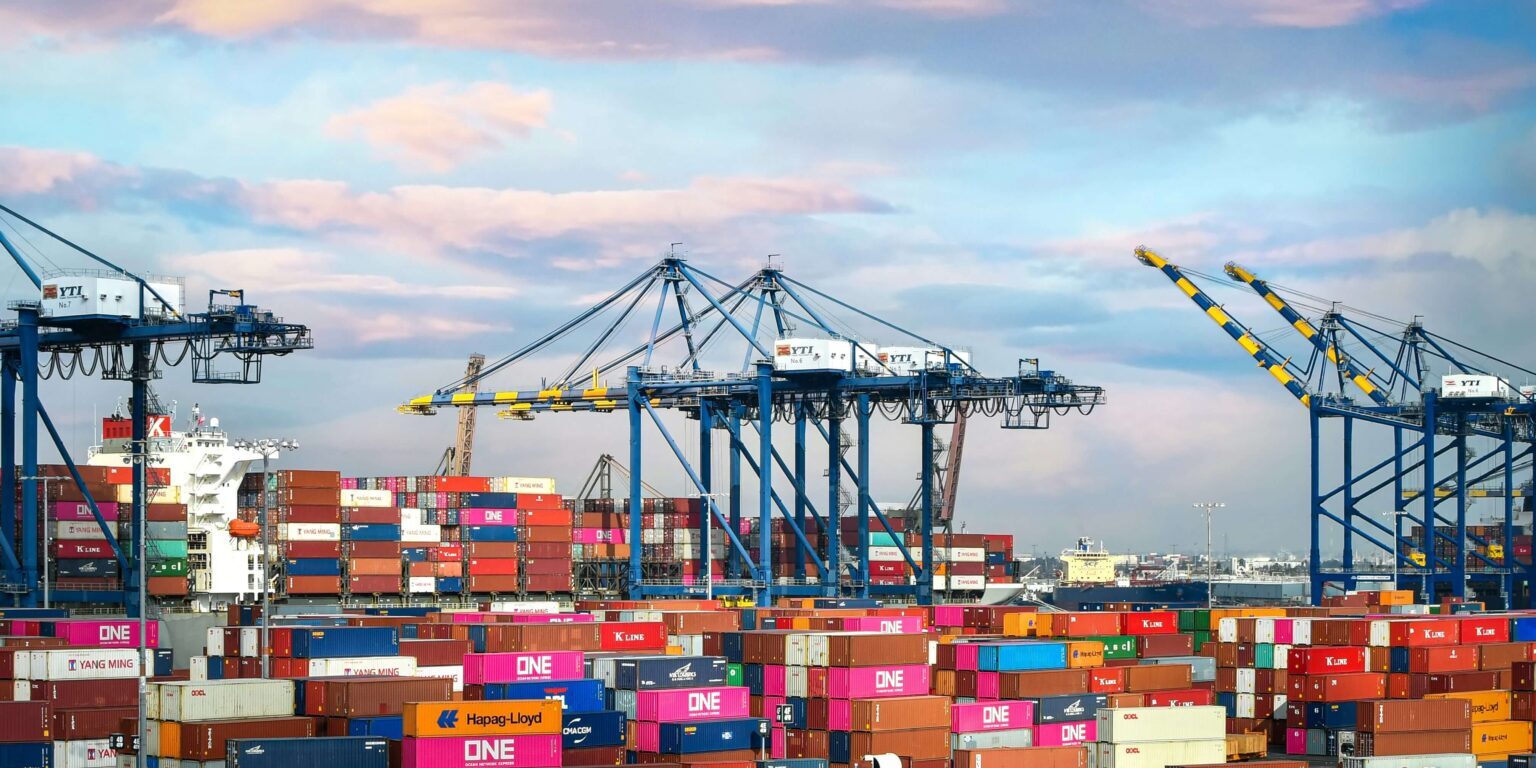Import Compliance
Shipments crossing the border into the US must comply with specific laws, tariffs, regulations, and documentation requirements. In the United States, these regulations are known as the code of federal regulations, title 19 (19 CFR) and are enforced by US Customs and Border Protection (CBP).
Companies engaged in global trade must navigate a complex web of customs regulations to avoid delays, penalties, and legal consequences. Compliance includes accurate classification of goods, proper valuation, and determining and marking the correct country of origin of the imported merchandise.
Efficient customs compliance is crucial for smooth cross-border trade, minimizing risks, and maintaining a positive relationship with authorities. Customs compliance can therefore be part of a company’s strategic trade plan. It requires ongoing awareness of changing regulations, and thorough documentation to facilitate the seamless flow of goods.
At O’Meara and Associates, adherence to regulations and procedures governing the import of goods across international borders has been a passion for decades. As a licensed customhouse broker, Mr. O’Meara has been practicing trade compliance since 1994. His expertise focuses on all aspects of 19 CFR, both at the theoretical level, and in the implementation in the corporate environment. He is routinely involved in every aspect of trade compliance, from helping plan a company’s trade strategy, to helping author policies, procedures, and compliance manuals.


Export Control
Exporting is a privilege, not a right. Consequently governments regulate and oversee the export of goods, technology, and services to ensure they do not pose a threat to national security or violate international agreements. Governments implement export control measures to prevent the proliferation of weapons, protect sensitive technologies, and maintain geopolitical stability.
Exporters must comply with licensing requirements, restrictions on specific destinations, and prohibitions on dealing with certain entities. Adherence to export control regulations is crucial for businesses engaged in international trade, as violations can lead to severe penalties, legal consequences, and damage to a country's diplomatic relationships.
In the United States, the most common regulations controlling exports are in the code of federal regulations, title 15: the Export Administration Regulations (the EAR) and the Foreign Trade Regulations (the FTR), and title 22: the International Traffic in Arms Regulations (the ITAR).
At O’Meara and Associates, adherence to regulations and procedures governing the export of goods across international borders has been a passion for decades. As a former Export Control Officer and Empowered Official, Mr. O’Meara brings with him hands-on experience in creating and implementing compliance programs in the corporate environment. He is routinely involved in every aspect of trade compliance, from helping plan a company’s trade strategy, to helping author policies, procedures, and compliance manuals.
Join the Ranks of Informed Global Traders
Partner with O'Meara & Associates to give your business the strategic advantage of compliance confidence. Let's work together to ensure that your operations are not just compliant but also positioned for seamless international success.
